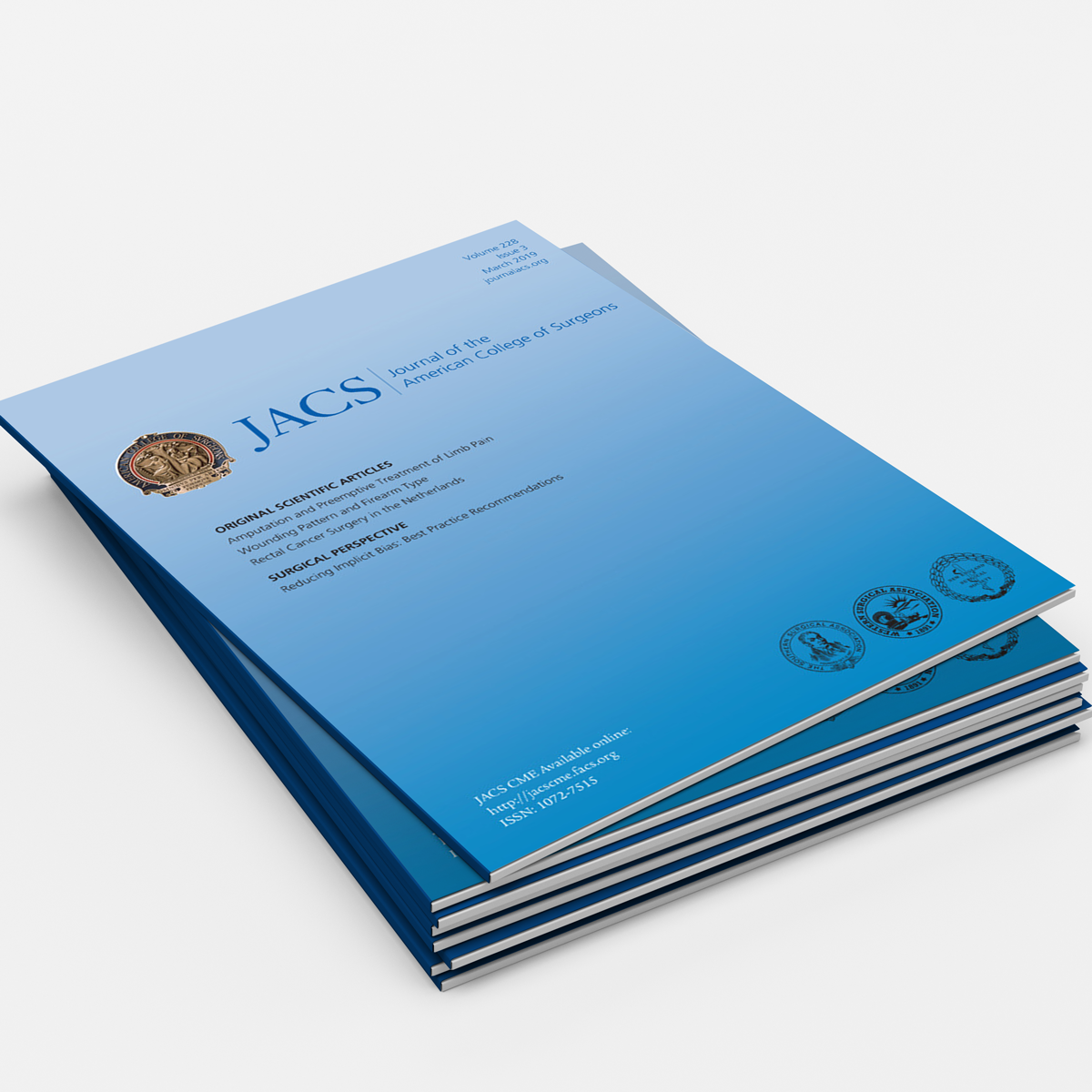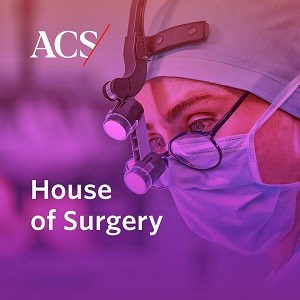Austin P. Seaman, MD, FACS, and Jeffrey E. Janis, MD, FACS
Editor’s note: The 14 ACS Advisory Councils, which serve as liaisons in the communication of information to and from surgical societies and the Regents, periodically submit articles on notable initiatives taking place in their respective specialties.
This week’s issue features a submission from the Advisory Council for Plastic and Maxillofacial Surgery. View the full research on which this summary is based in the Journal of Gastrointestinal Surgery.
Abdominal core health, which encompasses abdominal core surgery (hernia care and recovery), has proven to be a chronic health condition despite advancements in surgical technique, technology, and equipment. This necessitates a multidisciplinary team to optimize the care of patient requiring abdominal wall reconstruction—a complex patient population.
This multidisciplinary team starts with healthcare providers who are committed to these patients, specializing and coordinating care in concordance with best practices, and incorporating innovate ideas. This team works together to maximize the potential of preoperative assessment and optimization, operative execution, postoperative hospitalization/recovery and rehabilitation.
Initial preoperative assessment is typically done by the clinical team of the operating surgeon(s), including nurses and advanced practice providers (APPs). Additional surgical colleagues are incorporated to the team on an individual patient basis, as well. Integrated clinics with multiple surgeons allow a patient a “one-stop-shop” for their care and allow for efficient surgical planning for these complex patients. It is a true patient-centric approach that allows for shared decision-making.
Preoperative optimization is done with the use of evidence-based guidelines to optimize patient’s comorbidities and can be accomplished with the help of primary care providers, nutritionists, pain specialists, physical therapists, radiologists, and infectious disease specialists, among others. Fundamental principles are employed for technical execution of the surgical plans, including durable and dynamic musculofascial reconstruction and careful attention to the skin and subcutaneous tissues.
Postoperative hospitalization/recovery is best done with an enhanced recovery after surgery (ERAS) protocol detailing multimodal pain control, early diet and ambulation, wound care, deep vein thrombosis prophylaxis, and respiratory exercises. This part of the process enlists specialists including nurses, nutritionists, physical/occupational therapists, and in-patient teams. Postoperative rehabilitation with the use of the abdominal core surgery rehabilitation protocol will enlist nutritionists, wound care experts, in-office APPs, and physical/occupational therapists.
This holistic approach to abdominal core healthcare is optimal to achieve the best results for this complex patient population.











